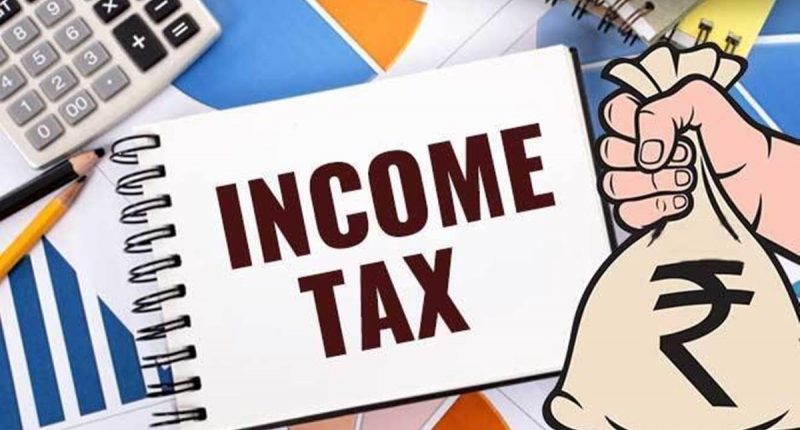Sources said that the finance ministry would soon review the exemption-free new tax regime to make it more attractive for individual income taxpayers.
The government eventually aims to establish a tax system with no exemptions and terminate the complex old tax regime that allows exemptions and deductions.
Certain incomes are currently deemed non-taxable under the Income Tax Act. The taxpayers can exclude such incomes from their income and take advantage of the reduced tax liability. Such incomes are termed ‘exempt’ incomes. Examples of exempt incomes include agricultural income, family pensions, Public Provident Fund interest, house rent allowances, etc.
This move intends to simplify the tax law for the taxpayers and make it more appealing.
Currently, the taxpayers have to choose between the old tax regime and the new tax regime. The old tax regime allows various deductions and exemptions from the total income, and in contrast, the new tax regime offers lower tax rates with no exemptions and deductions.
The people who have finished their education and home loans are willing to shift to the new tax regime as they have no exemptions to claim, the sources shared their experience about the new tax regime.
A similar tax regime for corporates was introduced in September 2019 by significantly lowering rates and removing exemptions. The government had reduced the base corporate tax for then existing companies to 22 per cent from 30 per cent. For manufacturing firms incorporated after 1st October 2019 and starting operations before 31st March 2024, the base corporate tax is reduced to 15 per cent from 25 per cent. Companies opting for the reduced rates will have to forego all exemptions and incentives.
The new tax regime for individual taxpayers was applicable from 1st February 2020. If any person opts for the new tax regime, there is zero tax if taxable income is up to Rs 2.5 lakh. However, if taxable income exceeds Rs 2.5 but up to Rs 5 lakh, the tax rate is 5%; for incomes exceeding Rs 5 lakh but up to Rs 7.5 lakh, the reduced tax rate is 10%; for incomes falling in the range Rs 7.5 lakh to Rs 10 lakh, the tax rate is 15%; for incomes exceeding Rs 10 lakh but up to Rs 12.5 lakh, the tax rate is 20%; and for incomes in the range Rs 12.5 lakh to Rs 15 lakh, the tax slab rate is 25%. For income above Rs 15 lakh, the tax slab rate is 30%.
This slab applies to all types of individuals, including senior and super senior citizens and the HUFs.
For any clarifications/feedback on the topic, please contact the writer at namita.shah@clear.in

I’m a chartered accountant and a functional CA writer by profession. Reading and travelling in free time enhances my creativity in work. I enjoy exploring my creative side, and so I keep myself engaged in learning new skills.





